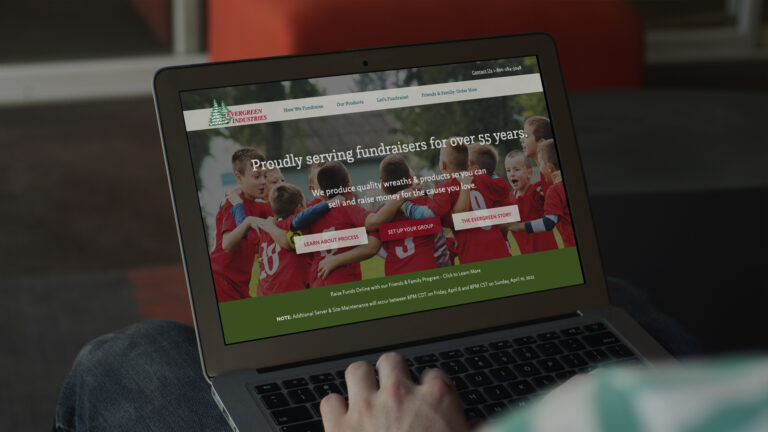In recent years, fundraising groups have heavily debated the topic of encouraging participants to sell through incentives. Whether it’s a special prize for the winning group or a series of prizes for top sellers, there are definite benefits to promising a reward at the end. However, there are a few downfalls, as well.
Before launching a fundraiser, it’s important that committees learn as much as possible about incentives in order to make the right decision. Since the dynamics of each organization differ, what works for one group may not work for another. You should consider your own group when determining whether or not an incentive program is the right option for your organization.
Pros and Cons
When rewards are attached to a fundraiser, it ignites the competitive spirit in participants. This spirit isn’t necessarily connected to winning an actual prize as much as beating everyone else to first place. This is especially true if the same group works together on fundraising activities year after year. Someone who came in second place one year may feel compelled to push harder the next year to beat last year’s winner. Knowing there’s an exciting reward coming can also propel participants forward through hours of hard work, especially if that prize is a pizza party or movie day at school.
That same enticement appears as a problem for some fundraising committees, who feel some participants have an advantage over others. A youth group may have a few parents who purchase some of the product themselves to put their children in first place, giving them an advantage over participants who may not be as economically advantaged. Additionally, if the fundraiser is school related, teachers and parents may have concerns about students using class time to enjoy rewards like parties or day trips.
Choosing the Right Incentives
Despite the cons, however, there’s no denying that incentives drive participation. Many organizations find that they simply are able to bring in more money when they offer incentives. This offsets the cost of said rewards, even if an organization chooses pricier prizes. If those involved are concerned about taking students out of class, consider an after-school event as a reward or choose products as prizes instead of an event.
While many fundraisers choose to hold all rewards until the very end, some organizations have found success in distributing prizes throughout the fundraising period. Your group could have a weekly recognition ceremony where a prize is awarded to the top earner for the week. You could also issue smaller prizes to more participants each week rather than saving up for a few bug prizes. If you’re hesitant to take money out of your budget to pay for prizes, consider having them donated in exchange for providing publicity for the company that offers up a prize.
Incentives are a great way to excite your fundraising participants, bringing in more money and creating an environment of friendly competition. When handled properly, rewards can turn your fundraiser into a game for participants, giving them something to look forward to each year.






